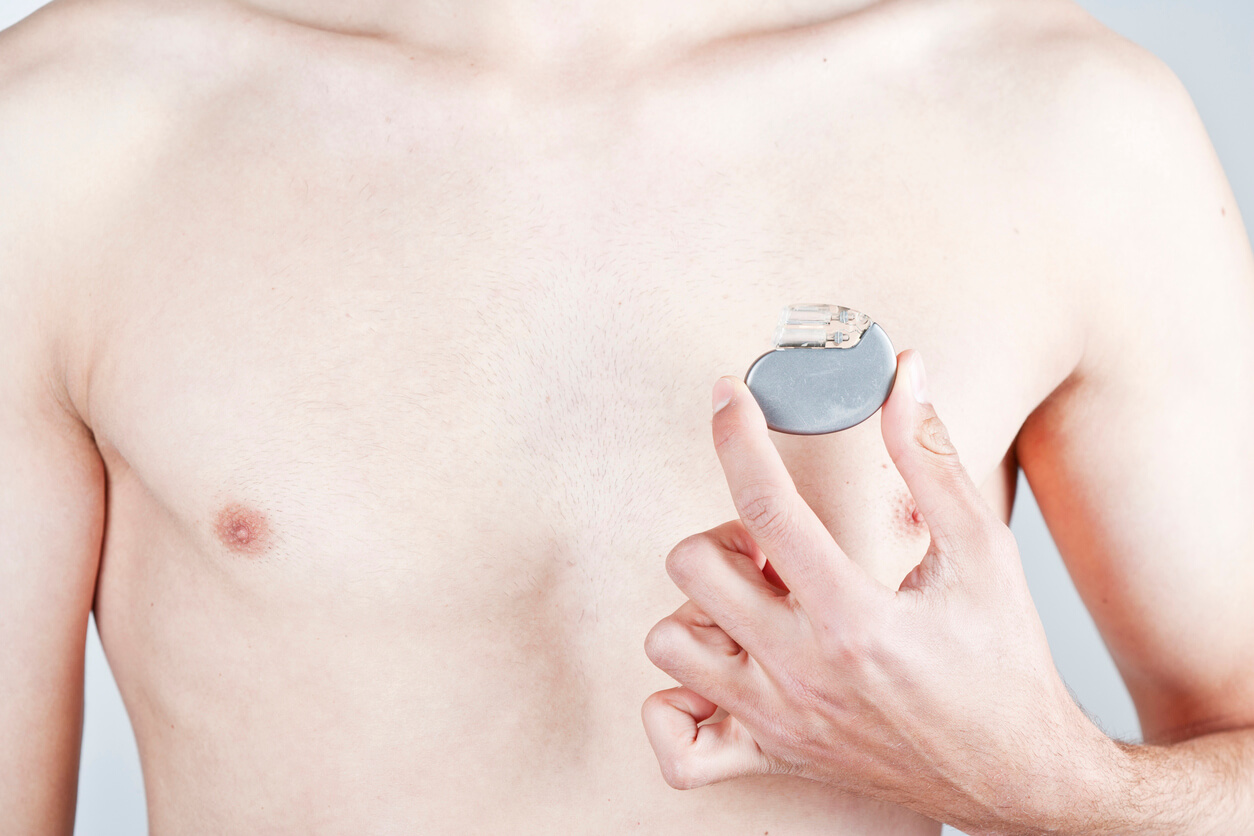The four valves of the human heart are generally involved in the process of blood circulation. One or all valves may stop working as a result of a disease or inherited condition.The patient will have to undergo valve replacement surgery in this particular case to cure the condition. Thus, knowing its essentials can give him or her a better perspective and help him or her look forward to a better future. Valve replacement surgery is, in fact, a complicated procedure, according to the Heart specialist in Faridabad.
Different types of valve replacement
Valve replacement procedures can be classified into two categories. They are:
1. The biological valve
The biological valves are generally made from animal tissues. Their lifespan is usually between ten and twenty years. In addition to this, these valves do not cause blood clots after surgery. They will not require any blood thinners either.
2. The mechanical valve
The mechanical valves can be made from metal, carbon, or plastic. The mechanical valves are durable compared to biological valves. In some cases, however, these valves may cause clots. Thus, regular blood-thinning medications are necessary.
How Valve Replacement Surgery is Performed
Open-heart surgery is the standard procedure for replacing the valves. According to a Heart specialist in Faridabad, it lasts for around two to four hours. Following are the steps of the procedure.
- The doctor will put the patient under general anesthesia in order to put them to sleep. After that, they will make a six- to the eight-inch opening in your chest.
- He will then split open the individual’s breastbone and connect the heart to a heart-lung machine. As a result, your heart will pump blood.
- A new heart valve will now be implanted in place of the severely damaged valve.
- After the heart has been placed in its proper position, it will be restarted, and the chest incision will be stitched up.
Taking precautions
The valve replacement procedure is quite complex, as previously mentioned. Following certain precautionary advice may help increase the success rate of the surgery. Here are a few.
- Before the surgery, tell us about any medications you are taking for other conditions.
- Check if you can take vitamin supplements before the process.
- Don’t smoke or drink prior to the procedure.
- Follow a healthy, vegetable-rich diet.
- You should stop eating at least a few hours before the surgery (ask your doctor for more information).
- Wear loose, comfortable clothing.
- Relax as much as possible.
What are the risks and side effects of surgery?
You probably won’t experience any side effects if you choose the best heart specialist in Faridabad for your treatment. However, in some unfortunate cases, you may experience the following:
- The heart is filled with blood clots
- There is an infection around the incision
- There may be kidney issues for several days
- Bleeding (may occur after surgery)
- An irregular heartbeat
- A short life expectancy of the new valve
- Poor appetite
- Constipation
- Severe mood swings, anxiety, depression, irritability
- Stroke
When Should You Seek Medical Help?
A cardiologist in Faridabad will be able to help you if you are experiencing any of the following symptoms.
- Shortness of breath after working for a short period of time
- Chest pain or dizziness
- High fever (greater than 100.40F)
- Consistently worsening pain
- Fluid draining from the incision
Here are some tips to help you recover faster
Your lifestyle will need to change drastically after the surgery. Here are some tips you may find helpful.
- Make sure you follow your diet chart religiously. Talk to your doctor first if you intend to include something new in it.
- If you have just had surgery, you should not lift heavy objects.
- Make sure you take your medications regularly.
- Get enough exercise daily, including a short walk.
- Consult your doctor if you wish to follow a mild exercise routine.
Conclusion
If you have undergone surgery, it might take you a few days to resume your daily activities. You should take advantage of this period to rest as much as possible. To make your heart comfortable with your new lifestyle, you can start doing mild exercises.
Sudden and abrupt heart attacks are possible. Because of this, surviving becomes quite challenging. However, there is no reason why you cannot do it. You can survive adversities if you stay calm and follow some tips.
You will learn about such suggestions in this article, which were suggested by the best cardiologist in Faridabad. Hopefully, these tips will help you survive the unexpected catastrophe.
What can you do?
This is everything that you should do or ask a person about in case of a heart attack.
1. Call an ambulance
In the event of an attack, immediate medical assistance is necessary. Hence, a doctor would be needed to help you survive. In that case, ask anyone nearby to call an ambulance (911) as soon as possible.
If you are currently in a store or at work, you can ask if there is a defibrillator nearby. If you feel dizzy and lightheaded, then ask the others to use it on you as soon as possible.
It is pretty easy to use. Most people can use it to revive themselves for the moment.
2. Take an aspirin
Usually, heart attacks are caused by blood clots in your heart’s vessels. Meanwhile, you can take aspirin while you wait for an ambulance. You will, in turn, stop blood clots from progressing further, alleviating to some extent your symptoms.
Aspirin can also help ease discomfort and pain, according to a prominent heart specialist in Faridabad. Carrying an aspiring can be life-saving if you suffer from chronic heart disease.
Aspirin should still be chewed thoroughly. Taking it with water would not be as effective.
3. Wear loose clothing
The symptoms of a heart attack can be quite uncomfortable and can prevent you from breathing properly. Therefore, if you are wearing a pair of tight clothes, then loosening them immediately can be ideal for you.
You can however ask a person to move you if you are still feeling uncomfortable. Sitting upright can reduce the severity of breathing problems or pain in some cases.
Things You Should Not Do
While you are experiencing a heart attack, there are several things you should not do. Here are some of them.
1. Do Not Press Your Chest
2. Avoid Coughing Repeatedly
3. Try Not to Lie Down
Conclusion
A heart attack can occur suddenly and can be a serious issue. If you suffer from any cardiovascular disease, then treating its symptoms and preventing it from progressing can be ideal for you. Exercise and staying hydrated can also help lower your risk of a heart attack. Please consult the Heart Specialist in Faridabad if you suffer from any symptoms of uneasiness.










